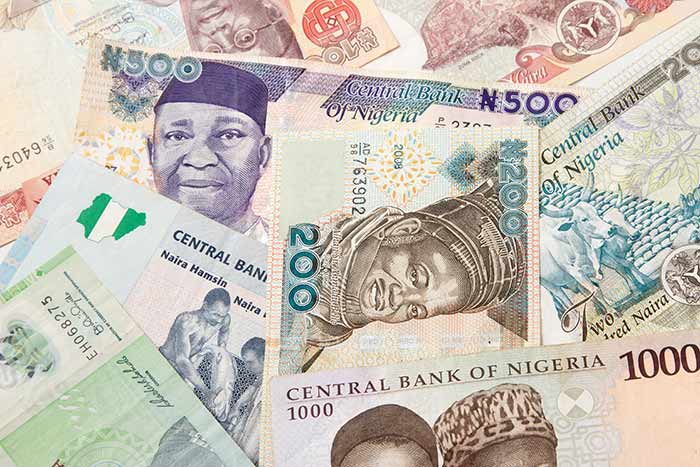web_nigeriannaira_shutterstock_200751113.jpg

Nigerian naira
Akinwumi Adesina, president of the AfDB, announced yesterday that the bank is in the process of finalising $1bn worth of budget support, which the bank’s board is expected to consider next month.
The bank will also provide more than another billion dollars to support jobs, infrastructure and agriculture development, in line with the Nigerian government’s plans for substantial capital spending over 2016.
In May, Nigeria’s president Mohammadu Buhari signed the country’s largest-ever budget, worth $30bn (now $19.2bn) before the substantial devaluation of the naira, into law. With a planned deficit of 2.2tn naira ($7bn), it tripled capital expenditure in hopes of reigniting the country’s flagging economy and averting recession.
Only a few months later however, it was clear Africa’s biggest economy had sunk into a sustained contraction. Yesterday, Adesina stressed that Nigeria not only needs to spend its way out of recession, “but to also incentivise [its] way out of recession”.
Adesina said that diversifying the economy away from oil is not the problem. Rather, the problem is that the non-oil economy is not able to generate enough revenues for government and foreign exchange earnings.
Oil exports represent 98% of the government’s foreign exchange, compared to 10% of the country’s GDP.
“With the right incentives, the country will come out of the recession structurally better balanced,” Adesina continued. “The revenue base will be more diversified. The government will get more resources from better performing [non-oil sectors]. And most importantly, unemployment will decline substantially.”
He called for incentives for foreign direct investment in critical sectors, especially agriculture and solid minerals, for small and medium-sized enterprises because of their key role in job creation, and for the manufacturing and industrial sectors to undertake import substitution.
The bank will deliver $200m to support agricultural infrastructure and production, as well as the development of agro-industrial zones for processing and value addition for both domestic and international markets, Adesina said.
Another $300m will be provided to support youth employment in agribusiness, with hopes of creating 1,000 youth entrepreneurs in each of Nigeria’s 36 states and generating 185,000 jobs.
A further $550m is earmarked for infrastructure in the north east of the country and in four satellite towns near the capital, Abuja, where funds will be spent specifically on water, sanitation, road and electricity projects.
Overall, the bank’s portfolio in the continent’s largest economy is projected to increase from $4.6bn to $10bn by 2019, the majority of which will go toward the private sector. The public sector will have access to $2.1bn, as well as the $1bn in budget support planned for this year.
As continually low oil prices and militant attacks on oil pipelines have entrenched the recession in Nigeria, observers are beginning to question the validity of the record budget, financed largely by borrowing.
But yesterday, Adesina stressed that Nigeria is not in a debt crisis, rather, a “liquidity problem”.
“If you look at the fiscal deficit in this country with regard to GDP it is just about 3% or 3.5%; it is still below the 5% of the Fiscal Responsibility Act. If you look in terms of the debt to GDP ratio for Nigeria, it is 15%,” he said.
“So there is no debt crisis in Nigeria. What you have is a liquidity problem and we are trying our best… to help the country solve that to be able to drive down inflation.”












